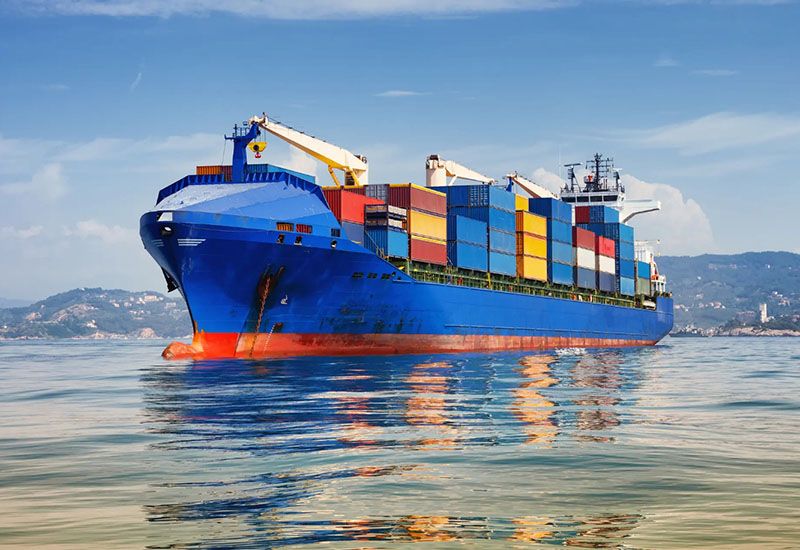GPS Trackers in Cargo and Container Tracking
GPS Trackers in Cargo and Container Tracking: A Case Study Approach
In the global supply chain, the efficient movement of goods is paramount. Ensuring the safety, security, and timely delivery of cargo is a complex task, often challenged by theft, misplacement, and logistical inefficiencies. GPS (Global Positioning System) trackers have emerged as a crucial technology in addressing these challenges. This essay explores several case studies that demonstrate the effective application of GPS trackers in cargo and container tracking, highlighting their impact on the logistics industry.

Case Study 1: Mitigating Cargo Theft
Cargo theft remains a significant issue, costing the global economy billions annually. In 2018, a major electronics manufacturer faced repeated instances of theft during transportation. To combat this, they implemented GPS trackers in their shipping containers. These trackers provided real-time location data, allowing the company to monitor shipments throughout their journey. When a container deviated from its designated route, an alert was triggered, enabling immediate action. This proactive approach not only led to the recovery of stolen goods but also acted as a deterrent, significantly reducing the frequency of theft incidents.
Case Study 2: Enhancing Supply Chain Visibility
Supply chain visibility is critical for businesses to ensure efficient operations and customer satisfaction. In 2019, a global retail company experienced delays and inconsistencies in their supply chain, affecting inventory levels and sales. By equipping their containers with GPS trackers, they gained real-time insights into the movement of goods. This visibility allowed for better coordination with suppliers and transportation partners, minimizing delays and optimizing inventory management. The improved transparency resulted in more accurate delivery forecasts and enhanced customer satisfaction.
Case Study 3: Ensuring Cold Chain Integrity
Maintaining the integrity of temperature-sensitive goods, such as pharmaceuticals and perishable foods, is a significant challenge. In 2020, a pharmaceutical company needed to ensure that vaccines were transported within strict temperature ranges. They used GPS trackers with integrated temperature sensors for their shipments. These devices provided continuous monitoring of both location and temperature conditions. Any deviation from the specified temperature range triggered immediate alerts, allowing corrective actions to be taken. This application not only ensured the integrity and efficacy of the vaccines but also complied with stringent regulatory requirements.
Case Study 4: Streamlining Port Operations
Port congestion and inefficiencies can lead to significant delays and increased operational costs. In 2021, a major shipping company collaborated with port authorities to implement GPS tracking for containers. This system provided real-time data on container locations within the port, facilitating better planning and resource allocation. The ability to track containers reduced the time spent locating and moving them, streamlining the loading and unloading processes. Consequently, port operations became more efficient, reducing turnaround times and associated costs.
Case Study 5: Reducing Environmental Impact
The logistics industry faces increasing pressure to reduce its environmental footprint. In 2022, a leading logistics provider launched a sustainability initiative to optimize fuel consumption and reduce emissions. They equipped their cargo fleet with GPS trackers to monitor routes and driving behaviors. The data collected allowed for the identification of inefficient routes and driving practices, leading to optimized routing and reduced fuel consumption. This not only contributed to environmental sustainability but also resulted in significant cost savings for the company.
Conclusion
The integration of GPS trackers in cargo and container tracking has revolutionized the logistics industry. By providing real-time location data and additional monitoring capabilities, these devices address critical challenges such as theft, supply chain inefficiencies, and the integrity of temperature-sensitive goods. The case studies presented demonstrate the diverse applications and significant benefits of GPS tracking technology. From mitigating cargo theft and enhancing supply chain visibility to ensuring cold chain integrity and streamlining port operations, GPS trackers have proven to be an invaluable tool. As the logistics industry continues to evolve, the role of GPS trackers is expected to expand further, driving innovations that enhance operational efficiency, security, and sustainability.

